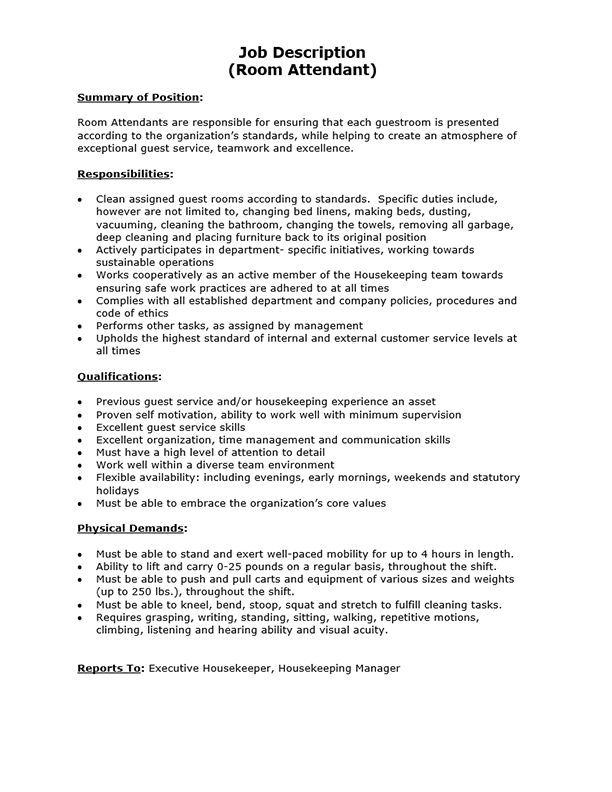March 17, 2017
When interviewing job candidates, you want to determine what sort of people they are, how good their interpersonal skills are, how they might react under stress, whether they have the skills for the job, and whether they have been honest in their resumes.
PREPARING FOR THE INTERVIEW
- Set aside enough time. Dedicate specific time, conducting the interview in an appropriate location, uninterrupted by email, telephones or other employees. This will allow you to concentrate, while also giving a good first impression of your company to the applicant.
- Read the resume first. Make sure you have carefully studied each resume ahead of time. Of course, when meeting with a candidate, you should have a copy of the resume on hand for reference, but this is not the time to ask, “What have you done?” Know the resume so you can use the time to dig deeper.
- Write a good job description. Having a specific and thorough outline of what a candidate would do on the job makes it easier to assess applicants, says Derek Gagné, CEO of HR consulting firm Talent Edge Solutions. “Know what it is you’re looking for: the must-haves and the nice-to-haves. Some things you can handle later with training.”
- Know the intangibles. A resume can’t indicate some of the intangibles that an employee can bring to the job. Says Gagné, “Ask yourself, what are the behaviours you want? You could have someone who’s a point-of-sale wizard but may be a bad team player.” Identifying these intangibles ahead of time will help you probe for them.
- Write some specific questions. Don’t just take the candidate’s resume and wing it, says Gagné. “Have 10 or 12 questions that you will consistently ask each candidate. This is particularly important if you will be interviewing multiple applicants and want to compare answers later. It doesn’t mean there won’t be one-off questions. A skilled interviewer knows when to move off the script.”
CONDUCTING THE INTERVIEW
Now that you are well prepared, you are in a position to conduct a productive interview. If you are uncertain of your interviewing skills, you can always learn more by contacting your local chamber of commerce, taking courses at the community college level, or seeking the assistance of companies like Talent Edge Solutions
- Introduce yourself. Greeting candidates courteously shows respect for them and will help put them at ease. Tell them something about yourself and the company. This is the first impression the candidate will make of you, so present a tidy office and turn off your cell phone.
- Set the stage. Set the tone by telling the applicant what to expect for the next half hour or so. Remember, you too are being observed. Your behaviour will set the tone for the interview. If you come across as being too casual, an applicant may take the interview less seriously. But being too serious will likely make the candidate more nervous. In either case, you’re unlikely to bring out the best in the individual. How you conduct yourself during the interview must also reflect the image and values of your business.
- Review the job. Spell out what the position involves in more detail than was outlined in the job posting, so candidates can make sure the job is right for them. Let them know what the core duties and responsibilities will be, and any working conditions that may affect them. Say whether the position is permanent or temporary, or on contract.
- Start with generalized questions. Begin by asking a few questions about a candidate’s background and interest in the position. Get candidates to tell you about how they see themselves in relation to the job and what they can contribute.
- Review the applicant’s resume. Ask candidates about specific positions on their resume that relate to the position you are hiring for. Ask them about job details, responsibilities, what they accomplished, pressures they encountered. Ask about any inconsistencies or gaps in employment or education, as there may be a simple explanation. Ask about the candidate’s reasons for leaving a past or current job.
- Ask some consistent questions. Use a specific set of questions for all applicants. This will help you to compare candidates and find the one whose skills and abilities most closely match what you’re looking for.
- Vary your questions. It’s important that you ask questions on skills specifically related to the duties and responsibilities of the position. This will help you uncover candidates’ strengths and weaknesses. Don’t forget that open-ended questions are best during interviews, such as “What was the most difficult challenge of your last job?”
- Give candidates a chance to ask questions. Confidently answering any question thrown at you means knowing all aspects of the position and being able to clarify your expectations, in addition to listing the benefits of working for your business. Applicants should be given the chance both to answer your questions and to ask questions of their own to determine if the job and the company are right for them. Their questions can help you assess whether candidates have adequately prepared for the interview and are genuinely interested in the job. An effective strategy is the 80/20 rule: You do 80 per cent of the listening and 20 per cent of the talking.
- Provide a timeline. Always provide an estimate of the length of time until final selection will be made. Provide an indication as to when candidates might expect to hear back from you regarding the final outcome or the next step in the recruitment process.
This is Part 2 of a 3-part series on Interviewing. To read Part 1 and 3 of this series, please click on the links below:
- Part 1: How to Conduct an Effective Interview
- Part 3: Interviewing for Attitude

